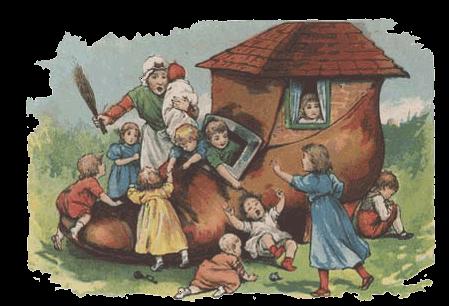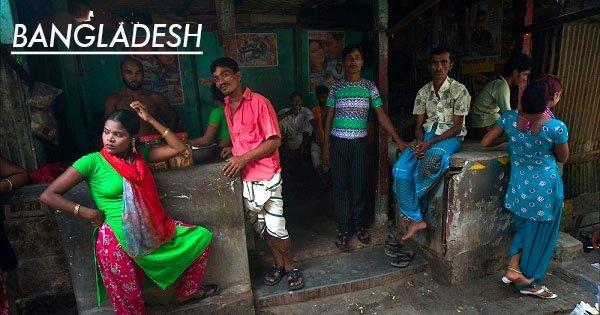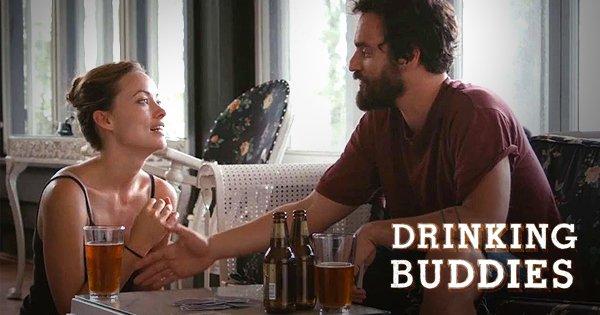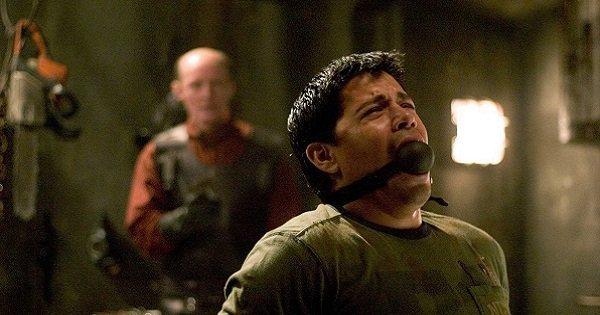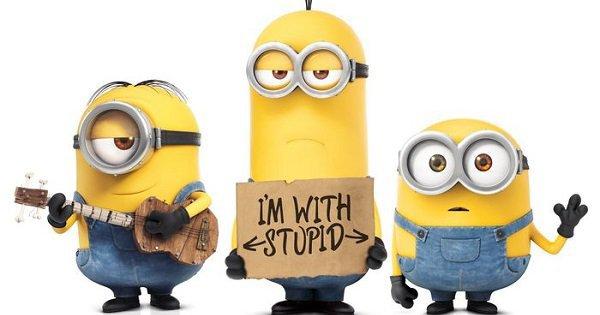If you thought that nursery rhymes you learnt in school were all that innocent, you’re in for a shock. Or a surprise, depending on how dark your imagination is.
Here are 10 nursery rhymes that have some twisted or sinister origins you might have not known of.
1. Baa Baa Black Sheep
Baa, baa, black sheep, Have you any wool? Yes, sir, yes, sir, Three bags full; One for the master, And one for the dame, And one for the little boy Who lives down the lane.
Contrary to popular belief, this isn’t a poem about racism. In fact, it’s about how King Edward The Longshanks (remember that old dude from Braveheart ?) levied heavy taxes on wool. A third of the sales revenue went to the king’s treasury, a third went to the church and the farmer had only a third left for himself.
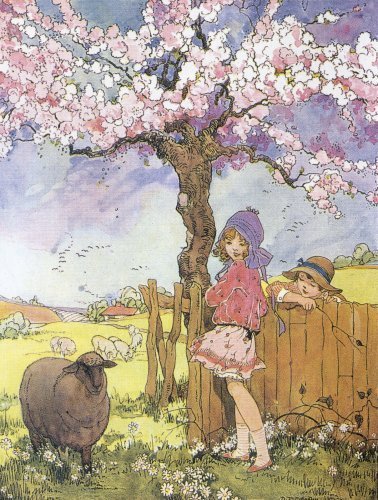
2. Goosey Goosey Gander
Goosey Goosey Gander, whither shall I wander? Upstairs and downstairs and in my Lady’s chamber. There I met an old man who wouldn’t say his prayers, So I took him by his left leg and threw him down the stairs.
Back in 16th century England, it wasn’t easy being Catholic. You had to say your Latin prayers in secret, because doing so was outlawed, even within the safety of one’s own house. Protestants actually got paid to catch Catholics in the act of devotion, more so if they caught a priest. One of the methods of executing them was to tie one end of their legs with a rope and throw them down a flight of stairs. And then repeat.
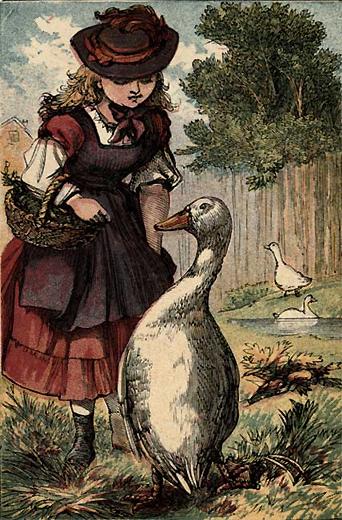
3. Rub-a-Dub-Dub
Rub-a-dub-dub, Three men in a tub, And who do you think they be? The butcher, the baker, The candlestick-maker, All put out to sea.
No, this isn’t a poem about dubstep. (Okay, that was lame. I agree.) The original line of the poem was said to be “three maids in a tub”and the poem is supposed to be actually about peep-shows in fairs where people could pay for some voyeuristic entertainment. Doesn’t matter if it’s maid or men, the homoerotic actions this alludes to, were pretty much taboo back in those days.
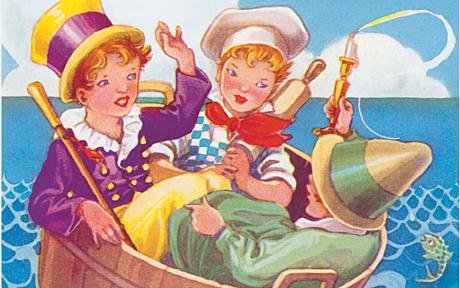
4. Mary, Mary, Quite Contrary
Mary Mary quite contrary, How does your garden grow? With silver bells and cockleshells And pretty maids all in a row.
By now you must have realized that some of these nursery rhymes were frustrations of the English people towards their rulers. This one, is perhaps the bloodiest and not surprisingly it’s about Queen Mary I of England, whose routine executions of Protestants and fascination with torture techniques earned her the nickname “Bloody Mary”. Just so you know, silver bell was a torture device meant to crush someone’s thumb and cockleshells were meant for crushing genitals. Ouch!
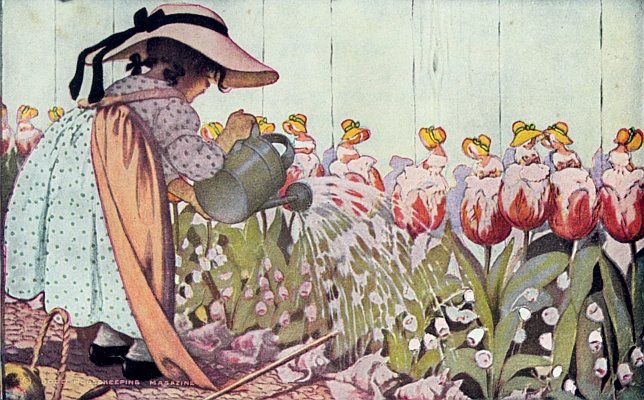
5. Ring a Ring o’ Roses
Ring-a-ring o’ roses, A pocket full of posies, A-tishoo! A-tishoo! (Hushha! Hushha! – if you grew up in India) We all fall down.
There’s no solid proof for this claim (why let facts get in the way of a good story?) but some experts claim that this was actually about the Black Death that plagued Europe in the 17th century. A rosy ring was one of the first signs of the foul smelling disease. People carried posies of herbs in their pockets to ward off the stench. And sneezing and coughing was the final symptom. “We all fall down” is pretty self-explanatory.
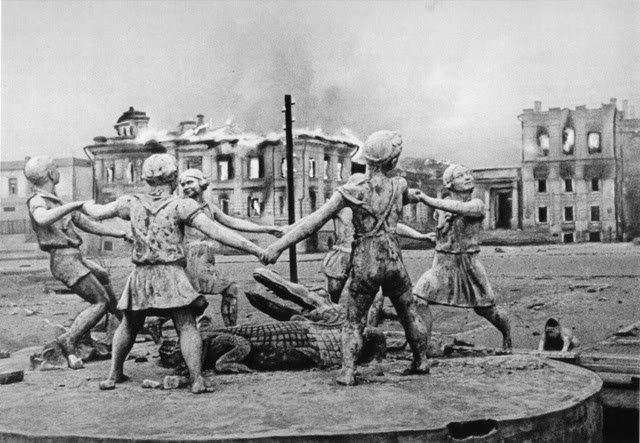
6. London Bridge is Falling Down
London Bridge is falling down, Falling down, falling down. London Bridge is falling down, My fair lady.
There are some who say the poem is about King Olaf II of Norway, a viking invader destroying the London Bridge in the 10th century but then there are some who believe that attack never happened. The other origin tale is much darker. Since the bridge collapsed one too many times, there are some who believe it took human sacrifice to rebuild it in such a way that it never fell. Although there isn’t any archaeological evidence to support this, but it is said that the base of the bridge was made from skulls and bones of children.
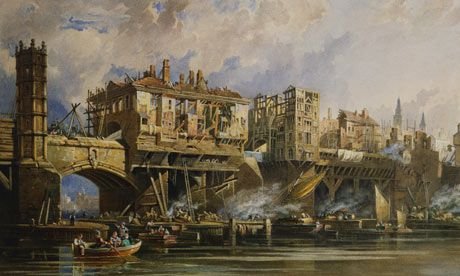
7. Jack and Jill Went Up The Hill
Jack and Jill went up the hill To fetch a pail of water. Jack fell down and broke his crown, And Jill came tumbling after.
Yes, most of us have recited dirtier versions of this poem, but perhaps none of us actually realized how this could actually be about the the execution of two French royals – King Louis XVI (Jack) and Queen Marie Antionette (Jill), who were beheaded at the guillotine. “Lost his crown” and “came tumbling after” have a whole new meaning now. There are many other origin stories for this poem, but this is the darkest of the lot.
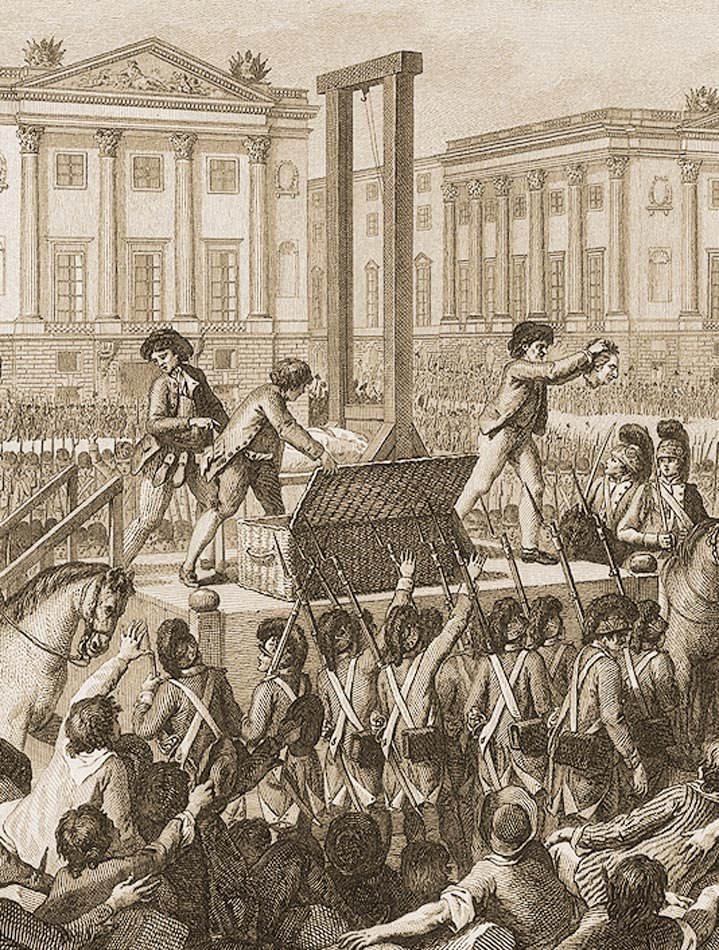
8. Humpty Dumpty
Humpty Dumpty sat on a wall, Humpty Dumpty had a great fall. All the king’s horses and all the king’s men Couldn’t put Humpty together again.
Interesting fact – nowhere in the poem does it say that the protagonist is an egg. In fact, it is said that the words actually allude to a cannon owned by the supporters of King Charles I in Colchester during the English Civil War. The cannon, which was set on a church tower wall, fell into the marshland below owing to enemy artillery fire. Although it was finally retrieved, it was beyond all repair.
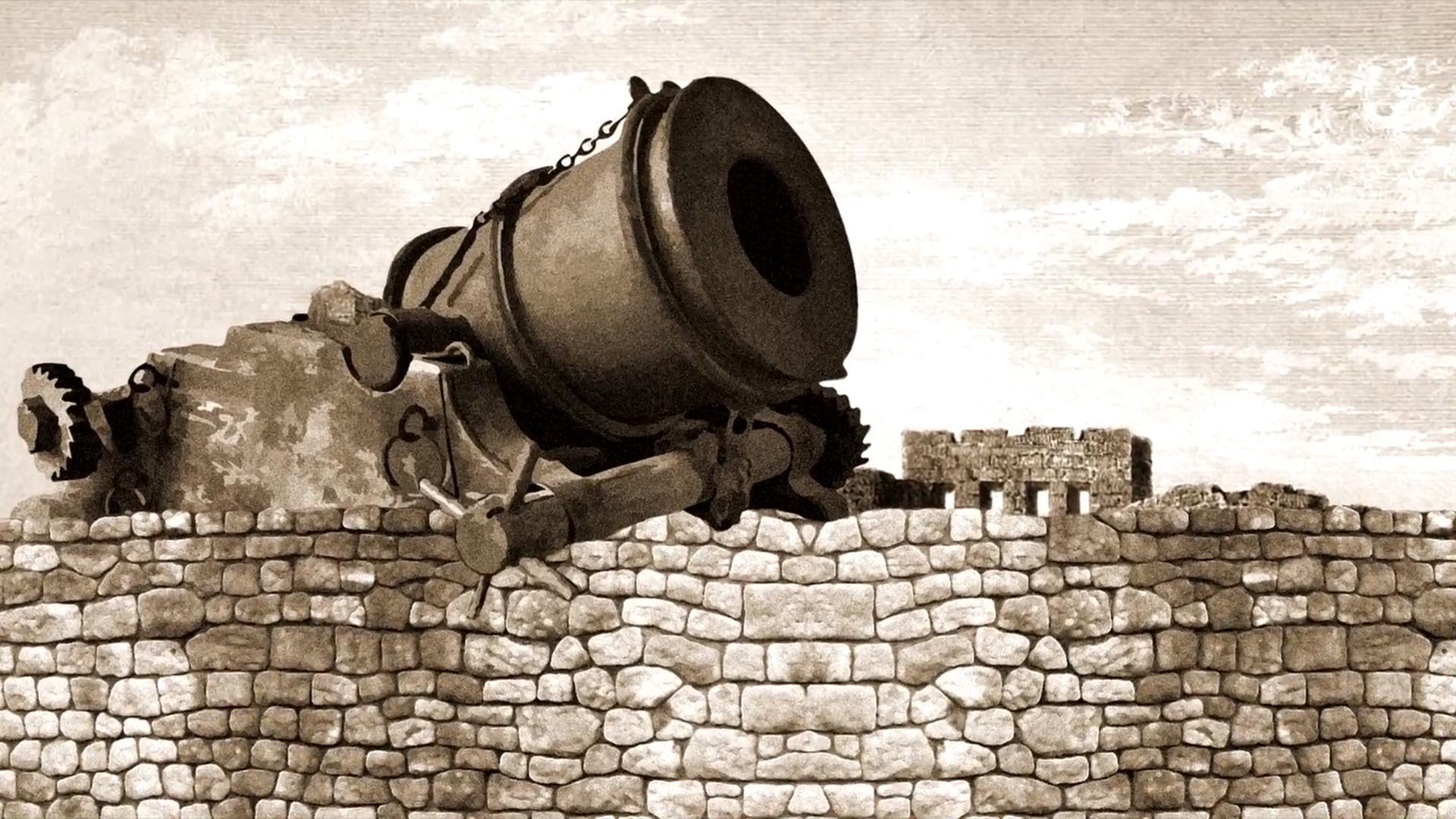
9. Peter, Peter, Pumpkin Eater
Peter, Peter pumpkin eater, Had a wife but couldn’t keep her; He put her in a pumpkin shell And there he kept her very well.
Among many versions, the following stands out from the rest – the pumpkin is a metaphor for the woman’s private parts (Never did I imagine writing such a thing). The husband went down on his wife but couldn’t satisfy her, so she went to other men. To prevent that, he actually put a chastity belt on her. And he lived happily ever after.
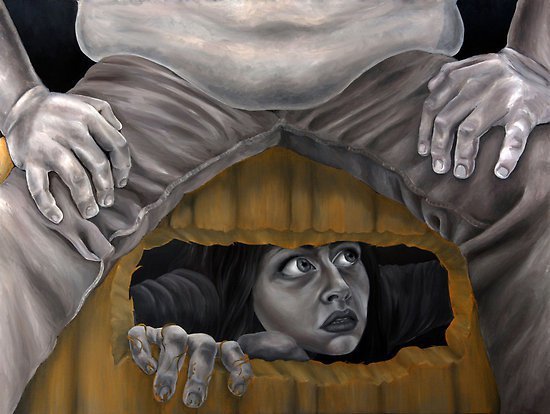
10. There Was an Old Woman Who Lived in a Shoe
There was an old woman who lived in a shoe. She had so many children, she didn’t know what to do; She gave them some broth without any bread; Then whipped them all soundly and put them to bed.
There are two main origin stories for this one. The first, is about how it alludes to child abuse. Many people had too many children back in those days. Beating them or making them go to bed hungry wasn’t a big deal. The second story, it is said, implies that the old lady is actually the British Empire and the children, her many colonies. Since there were too many, she didn’t know what to do with them and often treated them poorly.
